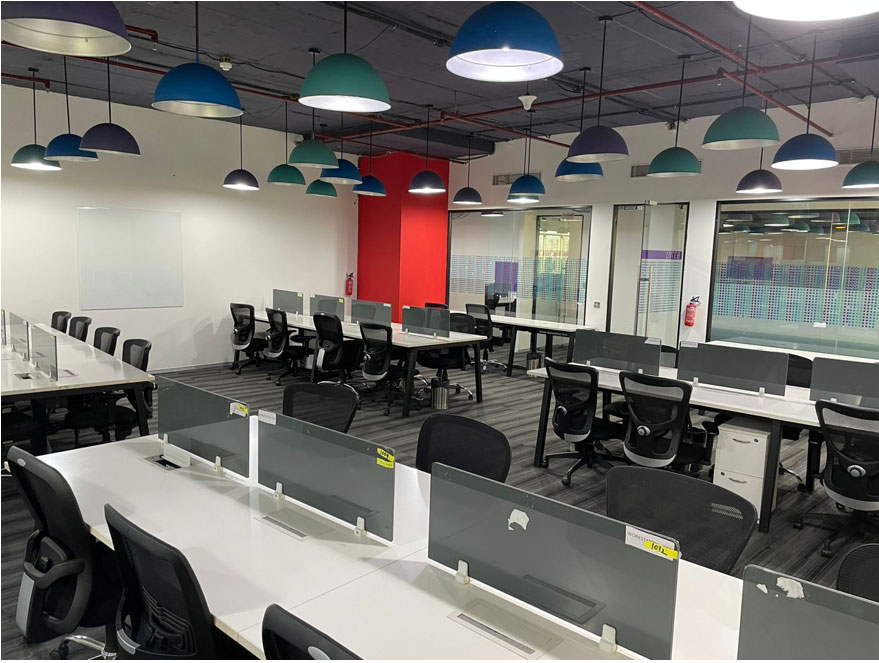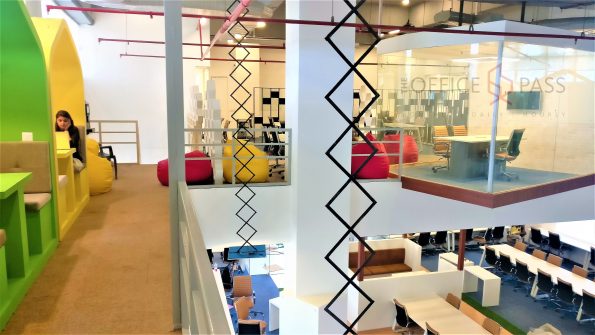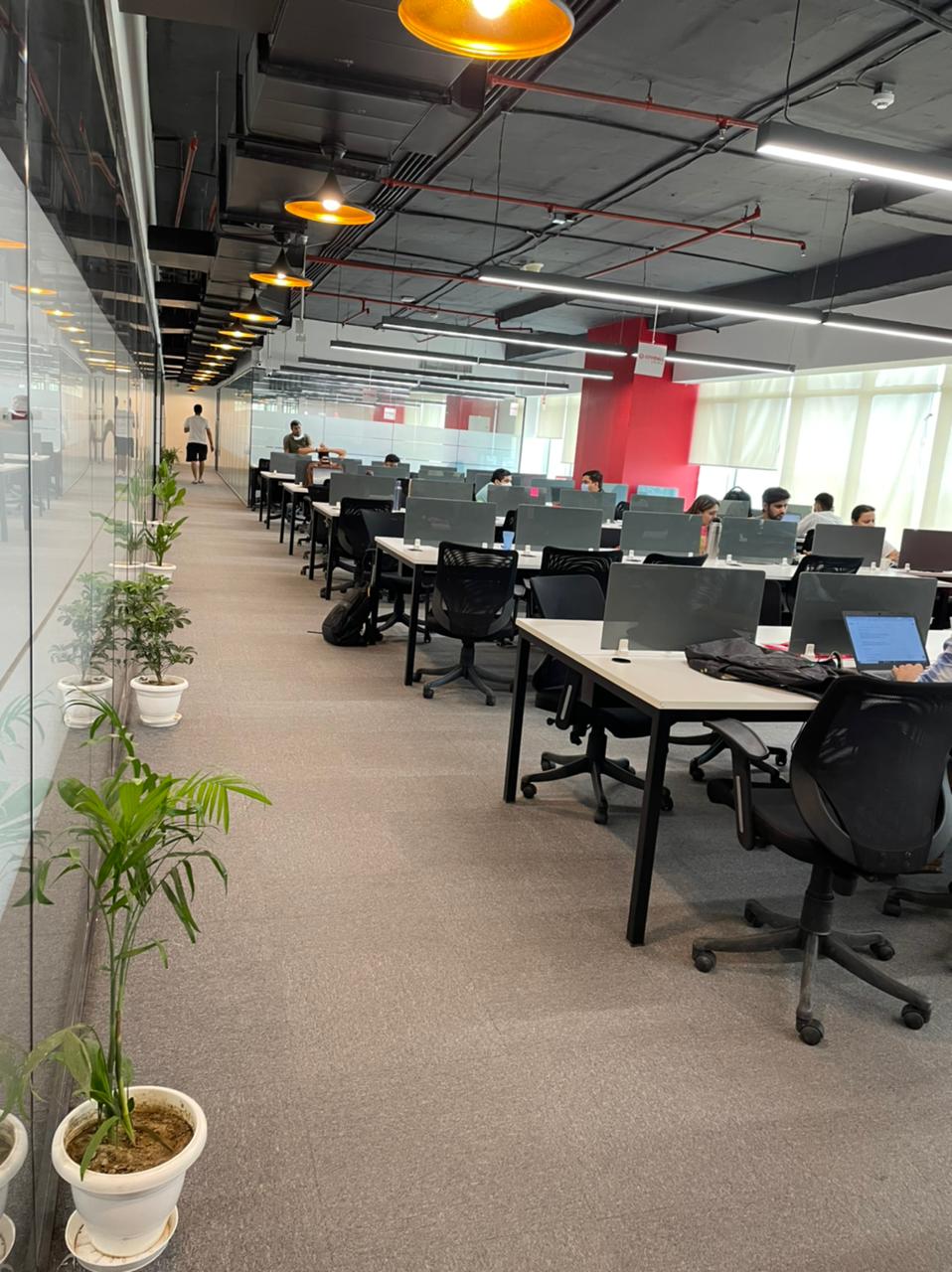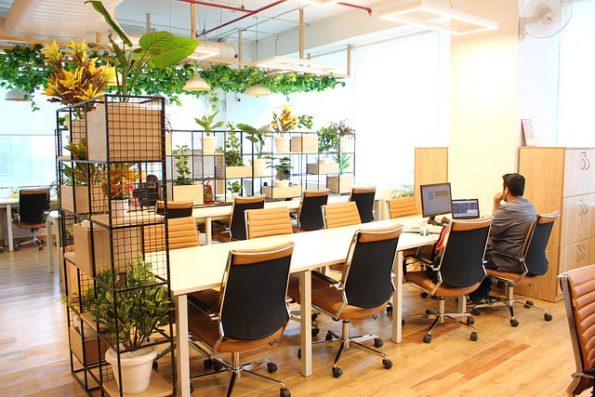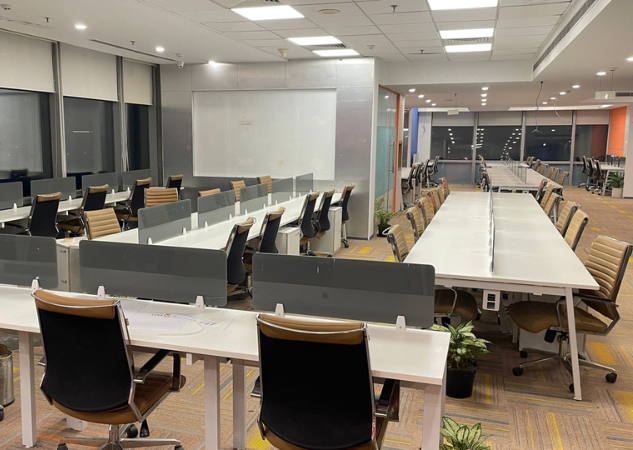When planning your office space and budgeting for office furniture, it’s important to consider various factors to ensure an effective and efficient allocation of resources. Here’s a checklist to help you:
How to effectively budget for Office Furniture when Planning Your Office Space
- Determine your needs
- Establish a budget
- Measure your space
- Prioritize ergonomics
- Research suppliers
- Request quotes
- Consider durability and quality
- Evaluate functionality
- Assess aesthetics and branding
- Plan for future growth
- Consider sustainability
- Include delivery and installation costs
- Allow for contingencies
- Plan maintenance and warranties
- Consider leasing or financing options
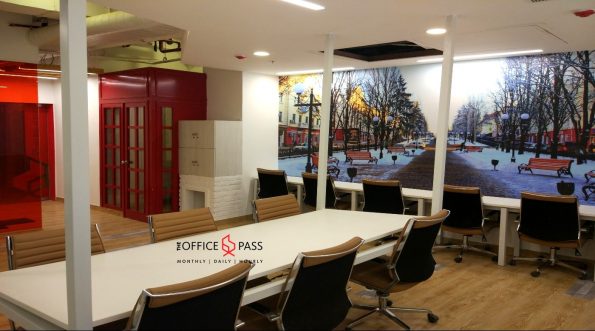
1. Determine your needs
Identify the types of furniture required based on your office’s functionality, such as desks, chairs, storage units, meeting tables, reception furniture, etc. Consider the number of employees, their roles, and any specialized furniture needs.
2. Establish a budget
Determine the overall budget for office furniture, keeping in mind your financial constraints. This will help guide your purchasing decisions and ensure you stay within your means.
3. Measure your space
Accurately measure your office space to determine the dimensions and layout. This will enable you to plan the placement of furniture and ensure it fits well without overcrowding or wasted space.
4. Prioritize ergonomics
Opt for ergonomic furniture that promotes the health and well-being of your employees. Ergonomic chairs, adjustable desks, and proper lighting can improve productivity and reduce the risk of workplace injuries.
💡 Are you looking for Coworking space in Gurgaon, Noida or Delhi?. We are just a call away.
Call now: 08999 828282
5. Research suppliers
Explore different furniture suppliers, both online and offline, to compare prices, quality, and styles. Look for reputable suppliers who offer warranties, good customer service, and value for money.
6. Request quotes
Reach out to the shortlisted suppliers and request detailed quotes for the required furniture items. Make sure the quotes include all costs, such as delivery, installation, and any additional services.
7. Consider durability and quality
Invest in durable furniture that can withstand daily use and has a longer lifespan. While it may initially cost more, it can save you money in the long run by reducing the need for frequent replacements.
Also Read: Ways to effectively Manage Business from Coworking Space
8. Evaluate functionality
Ensure the selected furniture meets your functional requirements. Consider features like storage options, cable management, adjustable height, and modularity, which can enhance productivity and adapt to evolving needs.
9. Assess aesthetics and branding
Choose furniture that aligns with your office aesthetics and reflects your brand identity. Consider color schemes, materials, and design styles that create a cohesive and visually appealing workspace.
10. Plan for future growth
Anticipate future expansion or changes in your workforce when budgeting for office furniture. Select furniture that allows for scalability and easy reconfiguration, enabling you to adapt to evolving needs without significant additional costs.
11. Consider sustainability
Prioritize environmentally friendly options by choosing furniture made from sustainable materials and considering their lifecycle impact. Look for certifications like GREENGUARD or BIFMA LEVEL, indicating eco-friendly practices.
12. Include delivery and installation costs
When finalizing your budget, account for any delivery or installation charges associated with the furniture. Ensure you have a clear understanding of these costs to avoid unexpected expenses.
13. Allow for contingencies
Set aside a small portion of your budget for unforeseen expenses or unexpected needs that may arise during the furniture procurement process.
💡 Are you looking for Coworking space in Gurgaon, Noida or Delhi?. We are just a call away.
Call now: 08999 828282
14. Plan maintenance and warranties
Factor in maintenance costs and warranties for your furniture. Regular maintenance can extend the lifespan of the furniture, and warranties can provide peace of mind in case of any defects or damages.
15. Consider leasing or financing options
If your budget is tight or you prefer flexibility, explore leasing or financing options for your office furniture. This can help spread out the costs over time and provide more financial maneuverability.
By following this checklist, you can effectively budget for office furniture and create a productive, comfortable, and visually appealing workspace for your employees.
The Office Pass (TOP) is one such amazing coworking space that offers all the latest amenities, a clean cafeteria with coffee machines, and spacious and well-furnished meeting rooms. The idea is to create a comfortable and visually appealing workspace with all the comforts clubbed together in one place. You can reach out to the TOP team by calling 08999 828282.



